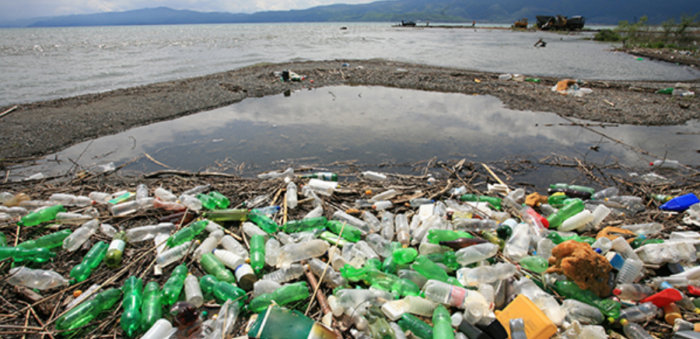According to the Chinese Prevention and Control of Solid Waste Pollution Law (2005), the import of foreign solid waste into China in order to dump, store or dispose of the same is not permitted. However, if the foreign solid waste can be used as raw materials, it may be imported to China in certain cases.
China is now moving to ban some materials that had previously been considered raw materials for recycling and that could be imported. Operators should be vigilant when they are requested to ship waste cargo to Chinese ports. As most of the solid waste is carried in containers it is important to have accurate declaration of cargo before shipment. The importer in China should also be identified to the extent possible, to reduce the carrier’s risk of liability.
Namely, five Chinese authorities, lead by the Ministry of Environmental Protection, issued the updated import lists of foreign solid waste including
- The list of solid waste banned from being imported (the Banned List).
- List of solid waste which can be used as raw materials, but is restricted on importation (the Restricted List), and
- The list of solid waste which can be used as raw materials and with no restrictions on importation (the Unrestricted List).
24 types of solid waste in these four categories are banned as of 1 January 2018. The four categories added to the Banned List are plastic wastes (non-industrial use), unsorted waste paper, waste raw materials of textile industry and slag with vanadium.
- Banned waste papers include recycled paper or paperboard and unsorted scrap paper. Wall paper, copying paper, Tetra Pak and thermal sensitive paper were already on the Banned List.
- Banned plastics waste includes PET scrap and PET beverage bottles, CD disks scrap, Polyvinyl (PV) scrap; Polystyrene (PS) scrap, and Polyvinyl chloride (PVC) scrap. The plastics products made of them are commonly used in our daily life. For example, PS could be used for disposable hot drink cups and lunch boxes, PVC for bank cards, PET for bottles and containers for food products.
The stricter control in China is caused by an attempt that China makes to protect the environment. The regulations on control of import of solid waste will be amended again by the end of 2018 and the Chinese Solid Waste Pollution Prevention Law (2005) will be amended by the end of 2019.
According to Article 78 of the Chinese Solid Waste Pollution Prevention Law (2005), the legal consequence of violation of the above ban or control could lead to:
- An order requiring the return the solid waste back to the originator;
- A penalty between RMB 100,000 and RMB 1 million (USD 15,700 to USD 157,000);
- Criminal prosecution if a crime is established.
Furthermore, a carrier could be required to return any banned solid waste, or solid waste that don’t have the proper approval, or pay the costs of dealing with such solid waste, if the importer cannot be identified.






























































